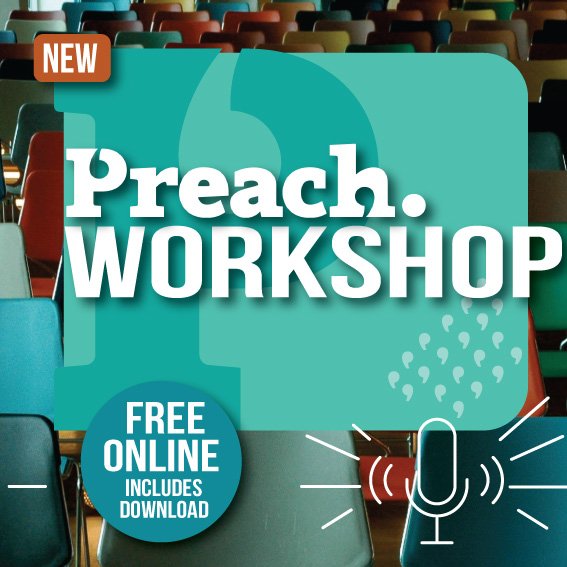The UK Government and Child Refugees
/What’s the story?
Having initially agreed to allow unaccompanied child migrants into the UK under the so-called Dubs Amendment scheme, the Government has now announced plans to cap the plan at just 350 children – only a tenth of the expected number.
What’s happening?
Lord Alf Dubs became something of a heroic figure, after his amendment to the Government’s policy on accepting refugees from Syria and other war-torn countries was accepted last year. The UK Government had suffered huge criticism for rejecting calls to resettle refugees without family members already living in the UK, and Dubs’ revision of this policy allowed some unaccompanied children to be resettled in the country. Although it was a far cry from what countries such as Germany had offered, it did at least represent a softening of what was seen as an extremely hardline stance by the UK.
At the time, Lord Dubs had suggested that the number of children accepted into the UK in this way might total 3,000 – or around 5 for each of the 650 parliamentary constituencies. Now however, the Government has announced that the scheme will end after just 350 children and young people have been resettled, after local councils said they were unable to find accommodation.
Campaign groups were outraged by the Home Office Announcement, although the Government defended itself by saying that it was still committed to accepting 3,000 refugees, albeit through a series of other schemes. However the UK’s four Children’s Commissioners wrote a joint letter in response, asking the Government to rethink its decision.
Meanwhile, the Archbishop of Canterbury has spoken out on the decision, likening it to the activity of controversial US President Donald Trump. Justin Welby called the reversal “regrettable”, adding that “we must resist and turn back the worrying trends we are seeing in the world, towards seeing the movement of desperate people as more of a threat to identity and security than an opportunity to do our duty.”
What have others been saying?
Christian campaigner and charity founder Krish Kandiah gives 10 reasons why the UK should accept more child refugees on the website Christian Today.
Conservative MP Heidi Allen has experienced the resettlement process with her own eyes, and writes in The Telegraph that she doesn’t understand why the Dubs amendment initiative has been scrapped.
The Archbishop of Canterbury’s full statement in response to the Government’s decision is available here.
Connections
#1 – CARE FOR REFUGEES
The Bible includes a clear mandate to God’s people to care for the “stranger”, “outsider” or “sojourner”. Examples include Jesus’ assertion that “I was hungry and you gave me food... I was a stranger and you welcomed me” in Matthew 25 v 35, and the command in Leviticus to “treat the stranger who sojourns with you as the native among you” (Leviticus 19: 33-34). Christians have been at the forefront of campaigning for refugee rights and care, partly because the messiah at the heart of our faith was himself a refugee in Egypt. Matthew 2: 13-23 describes how Jesus’ family fled the country after the murderous King Herod decreed that all children under three would be killed. It’s a heartbreaking historic instance of people running across international boundaries to escape death at the hands of a despotic leader, and a story with huge relevance today.
#2 – COMPASSION
The decision to row back on the Dubs amendment appears to demonstrate a serious lack of compassion from the UK government, which is responding to real, desperate human need with a hard-headed ‘sorry, we’re full’ approach. By contrast, the Bible and Jesus in particular calls Christians to respond with love and compassion – from the simplest commandment to “love one another, as I have loved you” (John 13 v 34), to the thinly veiled call in the parable of the Good Samaritan to respond compassionately especially to those who are least like us (Luke 10: 30-35).
Points for prayer
· Pray for the many children who are currently separated from their families and homes are kept safe, and have what they need.
· Pray for those campaigning within the church to ensure the Government makes good on, and improves upon, its promise to support and receive those who desperately need help.
· Pray for the politicians and decision makers – that their hearts and minds would be guided by God in this critical issue.
Author Bio
Martin Saunders
Martin Saunders is Youthscape’s Deputy Chief Executive. A former editor of Youthwork magazine and the founding Editor of sister-title Childrenswork, Martin is a popular speaker and the author of various books including ‘Youth Work From Scratch’. He lives in Reigate, Surrey with his wife Jo and their four children.







